The 5 Best Fidelity Stock Funds to Buy for the Long-Term
Some investors have given up on actively managed stock funds in recent years, instead turning to dirt-cheap index funds that passively track a benchmark.

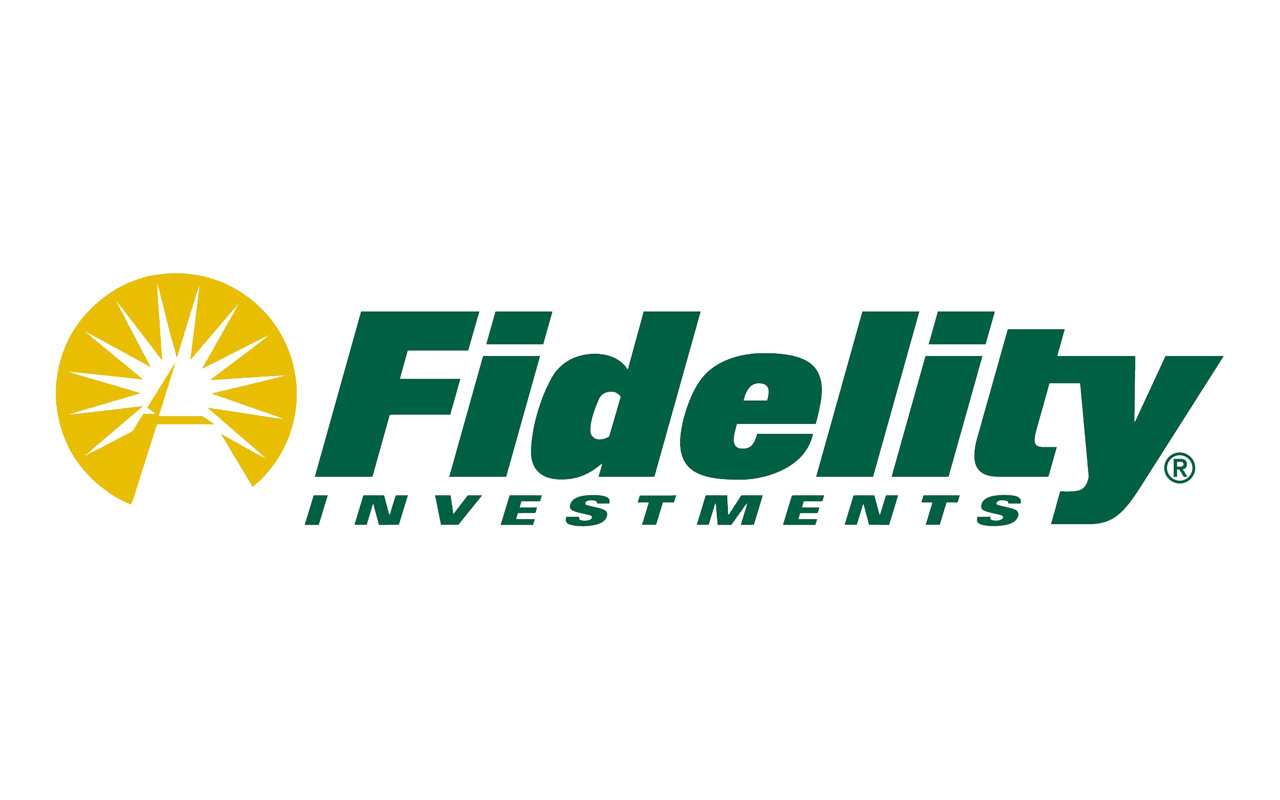
Profit and prosper with the best of Kiplinger's advice on investing, taxes, retirement, personal finance and much more. Delivered daily. Enter your email in the box and click Sign Me Up.
You are now subscribed
Your newsletter sign-up was successful
Want to add more newsletters?

Delivered daily
Kiplinger Today
Profit and prosper with the best of Kiplinger's advice on investing, taxes, retirement, personal finance and much more delivered daily. Smart money moves start here.

Sent five days a week
Kiplinger A Step Ahead
Get practical help to make better financial decisions in your everyday life, from spending to savings on top deals.

Delivered daily
Kiplinger Closing Bell
Get today's biggest financial and investing headlines delivered to your inbox every day the U.S. stock market is open.

Sent twice a week
Kiplinger Adviser Intel
Financial pros across the country share best practices and fresh tactics to preserve and grow your wealth.

Delivered weekly
Kiplinger Tax Tips
Trim your federal and state tax bills with practical tax-planning and tax-cutting strategies.

Sent twice a week
Kiplinger Retirement Tips
Your twice-a-week guide to planning and enjoying a financially secure and richly rewarding retirement

Sent bimonthly.
Kiplinger Adviser Angle
Insights for advisers, wealth managers and other financial professionals.

Sent twice a week
Kiplinger Investing Weekly
Your twice-a-week roundup of promising stocks, funds, companies and industries you should consider, ones you should avoid, and why.

Sent weekly for six weeks
Kiplinger Invest for Retirement
Your step-by-step six-part series on how to invest for retirement, from devising a successful strategy to exactly which investments to choose.
Some investors have given up on actively managed stock funds in recent years, instead turning to dirt-cheap index funds that passively track a benchmark. Index funds can get the job done. But the record of Fidelity's stock mutual funds makes a strong case that you should invest at least a portion of your money in some of its superior active funds.
Gun-slinging Fidelity managers including Peter Lynch dominated the investment world in the 1980s and 1990s. Those days are long gone, but Fidelity still employs dozens of first-class managers and analysts. Meanwhile, many expense ratios are relatively low compared to other actively managed funds. Yes, some of Fidelity's funds are mediocre — in my view, Fidelity simply has too many options. But many are superb. Managers such as Will Danoff, Joel Tillinghast and Steven Wymer have clobbered the market indexes for a decade or longer.
Here are five of the best Fidelity stock funds you can own right now.
Data is as of March 20, 2018. Yields represent the trailing 12-month yield, which is a standard measure for equity funds. Click on ticker-symbol links in each slide for current share prices and more.

Fidelity Contrafund
- Market value: $129.6 billion
- Dividend yield: 0.1%
- Expenses: 0.74%
- Fidelity Contrafund (FCNTX, $129.17) doesn’t boast the official title of Fidelity flagship, but it might as well. With nearly $130 billion under management, Contrafund is one of the industry’s largest actively managed funds — and one of its best.
Contrafund invests mainly in large, rapidly growing companies. Technology makes up 35% of assets. Top holdings include Facebook (FB), Amazon (AMZN), Alphabet (GOOGL) and Microsoft (MSFT). Manager Will Danoff is often one of the biggest holders of stocks he owns, giving him unrivaled access to senior executives.
He leavens his tech holdings with a nearly 19% stake in financial stocks, including a 5%-plus position in Warren Buffett’s Berkshire Hathaway A shares (BRK.A). Consequently, Contrafund is only about 5% more volatile than the S&P and has held up better than the benchmarks in most selloffs, including 2000-02 and 2007-09.
Returns are eye-popping. Danoff took over this fund in September 1990. Since then, Contrafund returned an annualized 13.5% — an average of 3.1 percentage points per year better than the Standard & Poor’s 500-stock index. And there’s no sign that Danoff is losing his touch. Over the past five years, Contrafund returned an annualized 16.4% — an average of 2.3 percentage points better than the S&P. Annual expenses are 0.74%.

Fidelity Low-Priced Stock
- Market value: $38.3 billion
- Dividend yield: 1.4%
- Expenses: 0.68%
Fund analysts like me used to quiz Joel Tillinghast, the legendary manager of Fidelity Low-Priced Stock (FLPSX, $55.18). We’d ask him to talk about, say, the 901st or 902nd largest holding in his sprawling $38 billion fund. Without notes, Tillinghast always aced the quiz and spoke in great detail about the stock.
Not only does Tillinghast have an encyclopedic memory, but he’s a terrific investor too. Since 1989, the fund returned an annualized 13.8% — an average of 2.3 percentage points better than the Russell Mid Cap Value index to which it most closely correlates. Over the past three years, the fund beat the benchmark by an average of about 1 percentage point a year.
Tillinghast does especially well in lousy markets. The fund has been about 10% less volatile than the Russell index over the past three years.
The fund famously limits itself almost entirely to buying stocks trading for $35 or less per share — a restriction I’ve never understood, but clearly it works for Tillinghast. Most of his stocks are midcaps, but Tillinghast still owns a bunch of small-cap stocks, as well as few large-caps. He also currently has about 40% of the fund in foreign stocks.

Fidelity Event Driven Opportunities
- Market value: $457.3 million
- Dividend yield: 0.1%
- Expenses: 1.11%
- Fidelity Event Driven Opportunities (FARNX, $14.43) invests in small and midsize companies going through a transition, such as a corporate reorganization, deletion from an index or a management shakeup. These companies are harder to analyze than most other companies, which keeps many investors away.
However, fund manager Arvind Navaratnam says that makes it easier to find “mispriced” or undervalued companies. At the moment, top holdings indicate that Washington, D.C.-focused real estate play JBG Smith Properties (JBGS) and Madison Square Garden (MSG) are among those potential opportunities.
Returns for the nearly five-year-old fund have been superb. It has outpointed the Russell 2000 index of small companies in every year but one, including 2018 so far.
By Fidelity standards, the fund is tiny with just $457 million in assets. Navaratnam likes to trade — turnover last year was 117%. Annual expenses are 1.11%. The fund is just about as volatile as the Russell 2000, but small stocks are typically volatile. The Russell is 40% more volatile than the S&P.
Jim Lowell, editor of the Fidelity Investor newsletter, sees this eclectic fund as a perfect antidote to the billions of dollars in “unthinking money flooding into” index funds. “When that tide turns, investors who are mistaking low cost for low risk will pay the heftiest price.” Funds like this one, he predicts, will shine.

Fidelity International Growth
- Market value: $2.6 billion
- Dividend yield: 0.6%
- Expenses: 1.03%
Like so many Fidelity managers, Fidelity International Growth (FIGFX, $13.88) manager Jed Weiss focuses on large, growth companies — that is, companies whose earnings and sales are rising rapidly. He’s willing to buy those stocks even though they typically trade at relatively high multiples of earnings and revenue.
FIGFX’s returns have been solid, and Weiss keeps risk comfortably low. During the past five years, the fund returned an annualized 8.1% — an average of 2 percentage points per year better than the MSCI All-Country World Index ex-U.S. What’s more, the fund lagged the index in only two of the past 10 years. Over the past three and five years, the fund has been about 10% less volatile than the MSCI index.
Weiss is patient. Once he buys a stock he holds it, on average, about four years. Biggest holdings include Swiss-based food giant Nestlé (NSRGY), Australian biopharmaceutical firm CSL and German software company SAP SE (SAP). Weiss casts a wide net. Indeed, 18% of the fund’s assets are currently in U.S. stocks – an usually big American stake for a foreign stock fund. Another 8% is in emerging markets.

Fidelity Select Health Care
- Market value: $6.9 billion
- Dividend yield: 0.2%
- Expenses: 0.74%
Health care has long been my favorite sector. Lowell, the Fidelity Investor editor, shares my enthusiasm, and offers some data points to back up our case.
Over the next 30 years, world population is expected to grow about 25%. But the population of those 65 and older is predicted to surge 125%. Meanwhile, new treatments for diseases are being invented at a rapid pace. And demand for better medical treatment is growing in emerging markets, as well as developed countries.
Manager Ed Yoon has run Fidelity Select Health Care (FSPHX, $241.39) since late 2008, and since then his fund has topped the average health care fund in every year but one. Over the past five years, the fund returned an annualized 19.2% — an average of 2.2 percentage points better than the average health care fund.
The fund takes a broad approach. Biotechnology is about one-third of the fund. Medical equipment is 23% and pharmaceuticals are 15%.
The only big negative: volatility. The fund has been less volatile than the average health sector fund over the past three and five years. But it has been about 50% more volatile than the S&P over those stretches. So, own this fund in small doses.
Steve Goldberg is an investment adviser in the Washington, D.C., area.
Profit and prosper with the best of Kiplinger's advice on investing, taxes, retirement, personal finance and much more. Delivered daily. Enter your email in the box and click Sign Me Up.

-
 The New Reality for Entertainment
The New Reality for EntertainmentThe Kiplinger Letter The entertainment industry is shifting as movie and TV companies face fierce competition, fight for attention and cope with artificial intelligence.
-
 Stocks Sink With Alphabet, Bitcoin: Stock Market Today
Stocks Sink With Alphabet, Bitcoin: Stock Market TodayA dismal round of jobs data did little to lift sentiment on Thursday.
-
 Betting on Super Bowl 2026? New IRS Tax Changes Could Cost You
Betting on Super Bowl 2026? New IRS Tax Changes Could Cost YouTaxable Income When Super Bowl LX hype fades, some fans may be surprised to learn that sports betting tax rules have shifted.
-
 States That Tax Social Security Benefits in 2026
States That Tax Social Security Benefits in 2026Retirement Tax Not all retirees who live in states that tax Social Security benefits have to pay state income taxes. Will your benefits be taxed?
-
 Best Mutual Funds to Invest In for 2026
Best Mutual Funds to Invest In for 2026The best mutual funds will capitalize on new trends expected to emerge in the new year, all while offering low costs and solid management.
-
 Why I Trust These Trillion-Dollar Stocks
Why I Trust These Trillion-Dollar StocksThe top-heavy nature of the S&P 500 should make any investor nervous, but there's still plenty to like in these trillion-dollar stocks.
-
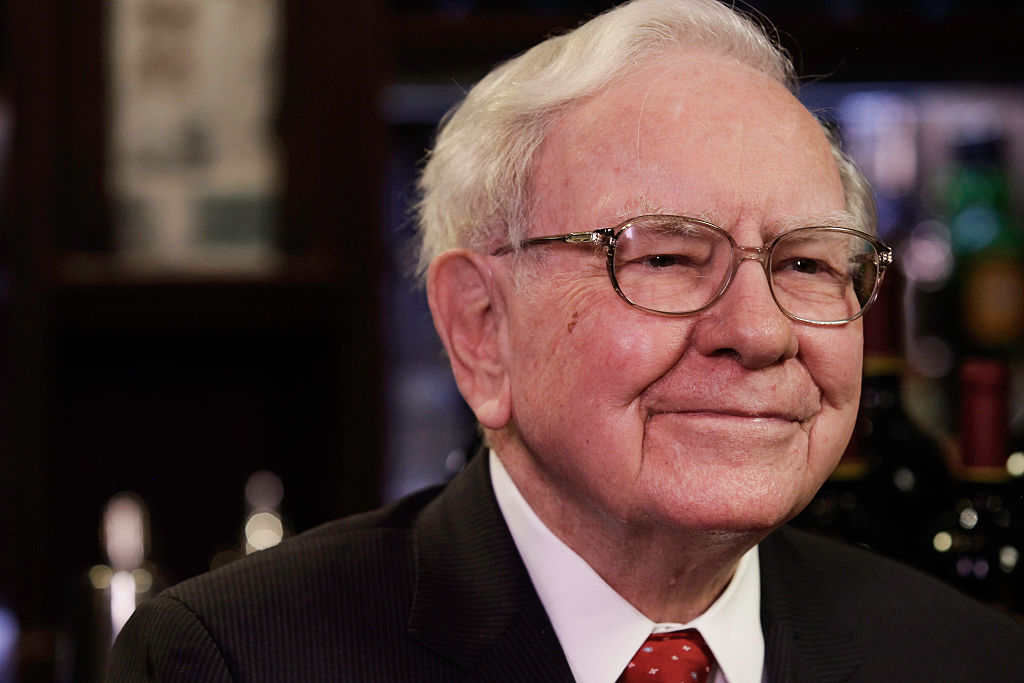 What Made Warren Buffett's Career So Remarkable
What Made Warren Buffett's Career So RemarkableWhat made the ‘Oracle of Omaha’ great, and who could be next as king or queen of investing?
-
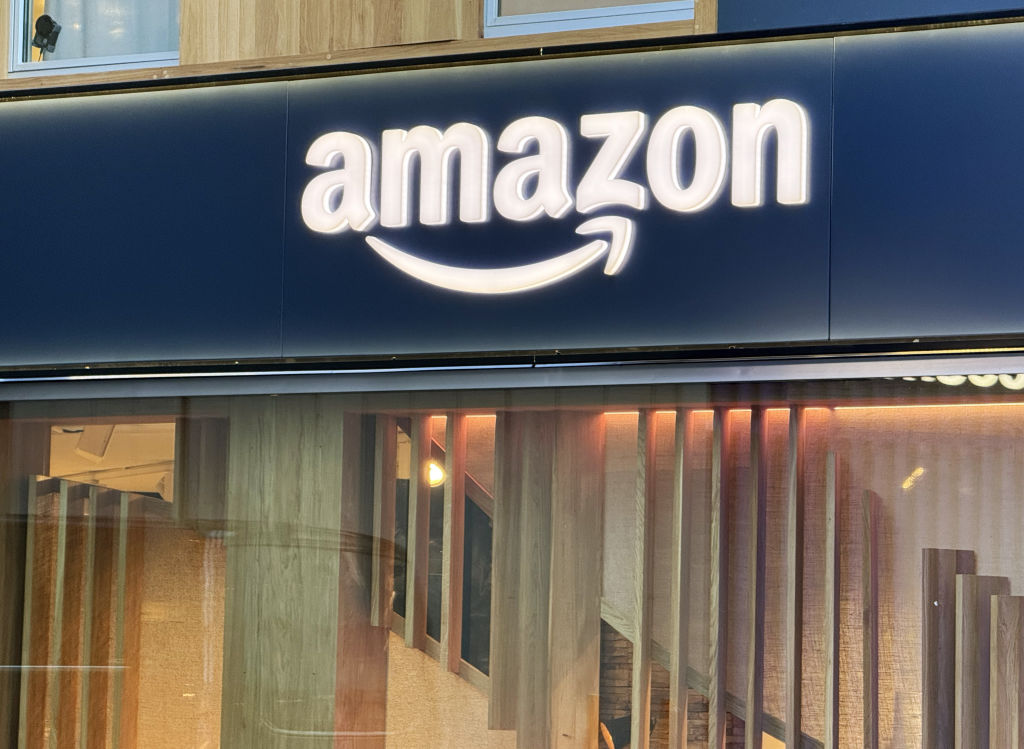 Stocks Close Out Strong Month With Solid Amazon Earnings: Stock Market Today
Stocks Close Out Strong Month With Solid Amazon Earnings: Stock Market TodayAmazon lifted its spending forecast as its artificial intelligence (AI) initiatives create "a massive opportunity."
-
 Stocks Sink with Meta, Microsoft: Stock Market Today
Stocks Sink with Meta, Microsoft: Stock Market TodayAlphabet was a bright light among the Magnificent 7 stocks today after the Google parent's quarterly revenue topped $100 billion for the first time.
-
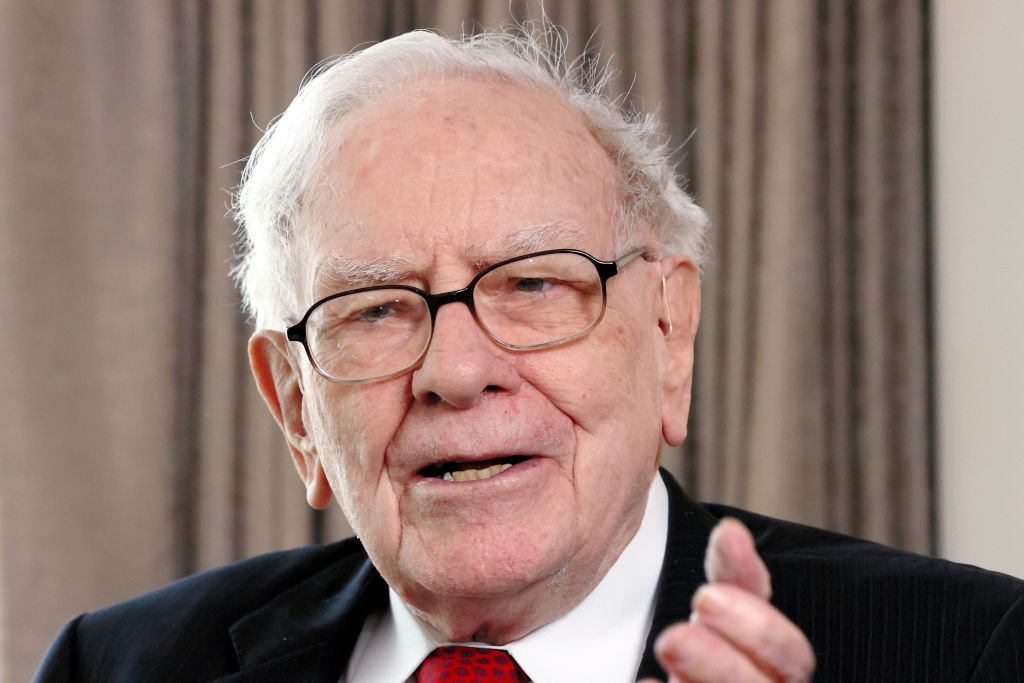 With Buffett Retiring, Should You Invest in a Berkshire Copycat?
With Buffett Retiring, Should You Invest in a Berkshire Copycat?Warren Buffett will step down at the end of this year. Should you explore one of a handful of Berkshire Hathaway clones or copycat funds?
-
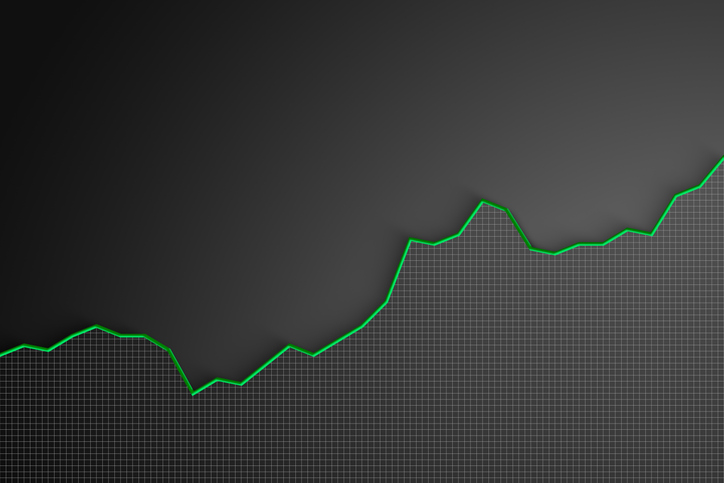 Stocks at New Highs as Shutdown Drags On: Stock Market Today
Stocks at New Highs as Shutdown Drags On: Stock Market TodayThe Nasdaq Composite, S&P 500 and Dow Jones Industrial Average all notched new record closes Thursday as tech stocks gained.
